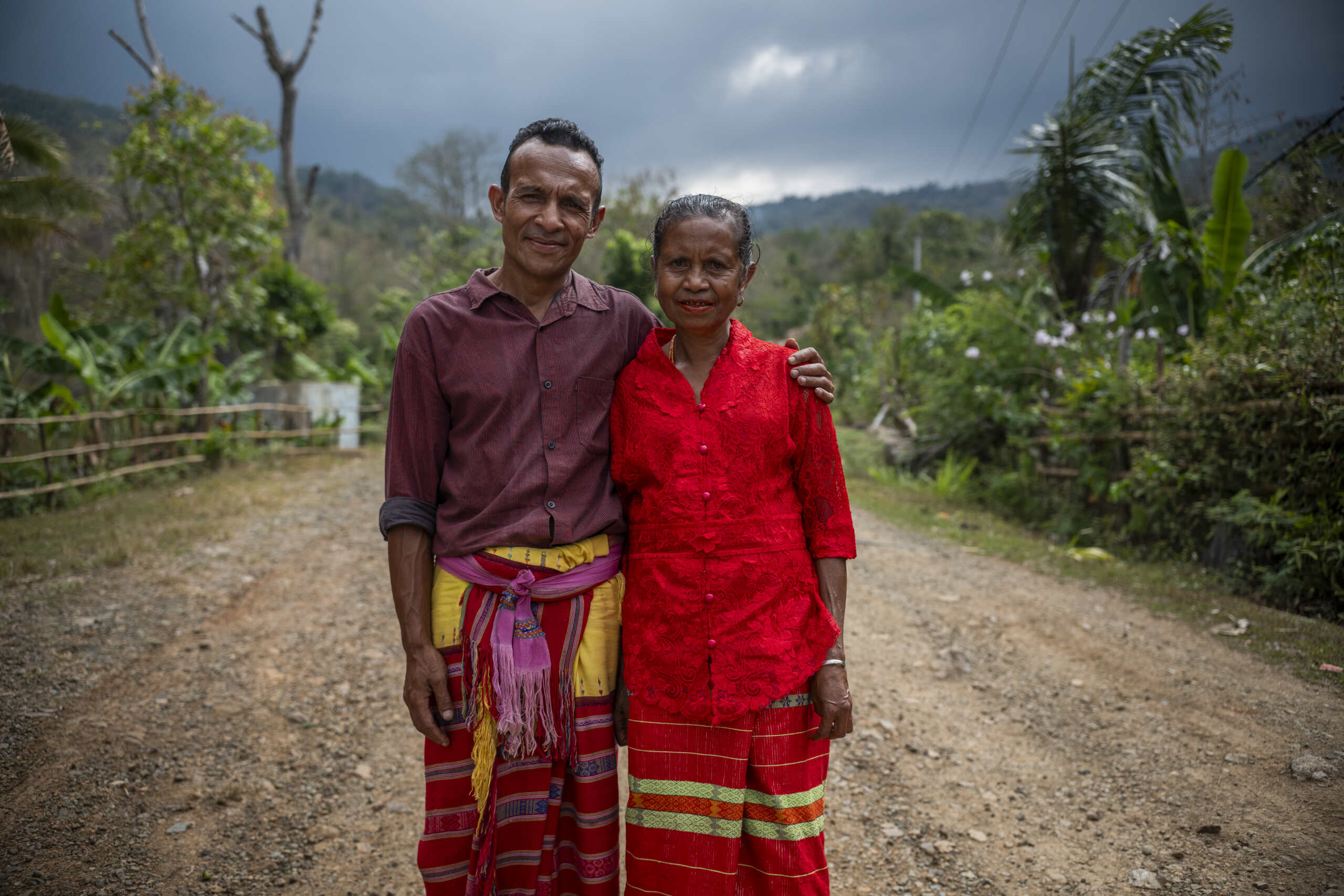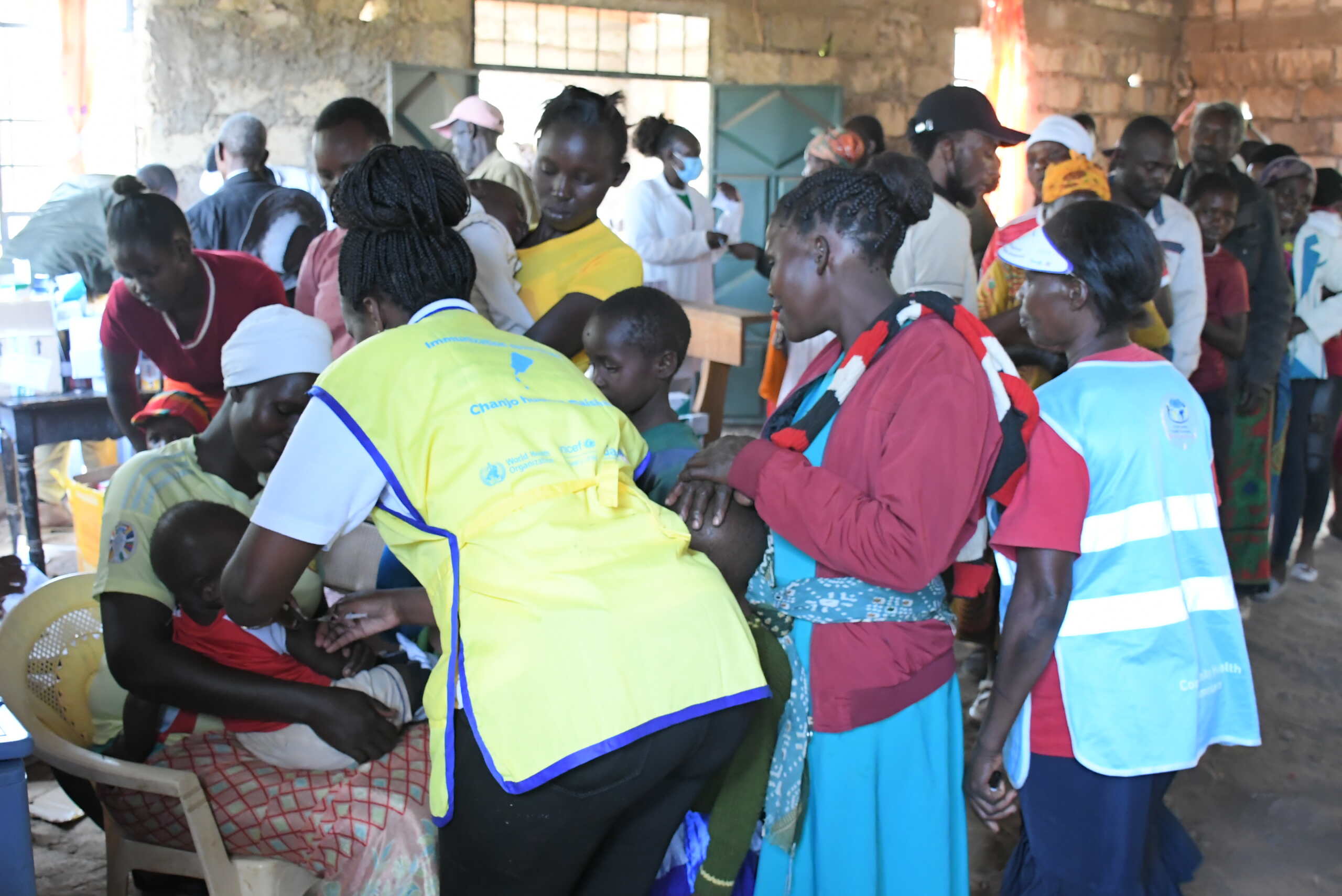Working Together: Isabel, Charity and Takunda
Stories | October 20, 2022
Each month, CBM Australia looks behind the scenes at our employees and partners, who are devoted to improving the lives of people with disabilities.
Introducing Isabel, Charity and Takunda, who have all been working alongside one another due to CBM Global’s Inclusion Advisory Group (IAG) having a partnership with the World Food Programme (WFP).
Isabel, tell us how you have been working with Charity and Takunda?
Isabel: CBM Global’s Inclusion Advisory Group (IAG) has a partnership with the World Food Programme (WFP). Charity, Takunda and I worked closely to run training sessions for WFP employees and partners in Zimbabwe to raise awareness as a key first step towards better integration of disability inclusion into their work.
What sort of work is WFP doing in Zimbabwe that you are hoping to influence?
Takunda: WFP is implementing various humanitarian projects, so think disaster response for cyclones, responding to climate change, resilience building post-COVID-19, and food distribution projects. When a disaster strikes, people with disabilities are usually excluded, so it is crucial for WFP to understand the barriers that exclude people with disabilities.
Charity: Due to climate change, we are seeing devastating droughts affecting urban communities and economic shocks affecting livelihoods. WFP is responding to these crises, and this training strengthens their work in disability inclusion.
Isabel: We need to ensure people with disabilities are systematically included in all efforts in emergency preparedness and response.
What is the reality for people with disabilities in Zimbabwe?
Isabel: The prevalence rate of disability in Zimbabwe is about at 7 per cent. But we know that disability prevalence is always underestimated due to stigma, isolation, and inadequate reporting and recording. People with disabilities are a big minority that are often overlooked during disasters.
Tell us about the WFP training.
Isabel: WFP Zimbabwe requested support for building awareness amongst staff and cooperating partners on the importance of disability inclusion and how it can be achieved in practice – over 100 people were trained. Even though Takunda and Charity were in the same city as the WFP Zimbabwe team, they couldn’t even meet with the team face-to-face due to COVID-19, so everything ran online, using as many interactive techniques as possible to create an inclusive and engaging learning environment. Being in Australia, some sessions were in the middle of the night for me!
Charity: Being based in Zimbabwe, we understand the context and the audience from having worked with WFP in the past.
Takunda: We also engaged with the National Coordinating Body of Organisations of Persons with Disabilities and disability-service providers (NASCOH), for the training, which gave participants a deeper understanding of the realities of people with disabilities.
What are your reflections on working together?
Charity: We were all on the same page, working together to ensure the training was impactful. It was a wonderful opportunity for our office here in Zimbabwe.
Isabel: It has been fantastic to learn from them both!
Takunda: The experience has been fulfilling!
Thank you, team. Keep up the great work.
Read more on World Food Programme’s disability-inclusive path to zero hunger, and the working relationship with CBM.
https://www.cbm.org.au/stories/working-together-isabel-charity-takunda-cbm-global-inclusion-advisory-group-world-food-programme
Related Stories

How CBM is making a difference in Indonesia
For more than 45 years, CBM Global has been working alongside communities in Indonesia to ensure people with disabilities...

Coordinating inclusive health outreach in Meru County
For many households in Meru’s rural and remote areas, basic health services are physically...

Share your advocacy preferences with us
Thank you for helping us to advocate for the one billion people with disability globally. CBM Australia advocate across...
